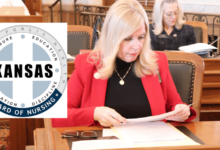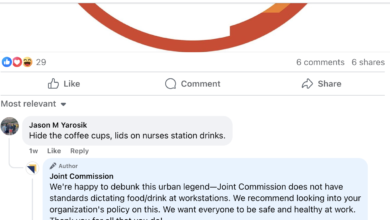First new health and social care ministers appointed

Two new health and social care ministers have been named, as prime minister Sir Keir Starmer continues to form his government after last week’s landslide general election win for the Labour Party.
Karin Smyth, MP for Bristol South MP and a former NHS organisation manager, has been appointed as a minister of state for health at the Department of Health and Social Care (DHSC).
In the same wave of appointments, Aberafan Maesteg MP Stephen Kinnock has joined the DHSC as minister for care. More appointments to the department are expected to follow.
Both of the new ministers will serve under Wes Streeting who was formally announced as the next secretary of state for health and social care on Friday afternoon.
Prior to the election, Ms Smyth was a Labour shadow health minister, having previously worked in numerous other shadow cabinet posts.
Before her entry into politics in 2015, Ms Smyth was a manager at the former NHS Bristol Clinical Commissioning Group, and previously as a non-executive director at Bristol North Primary Care Trust.
Meanwhile, the new care minster, Mr Kinnock, said he was “truly honoured” to be appointed.
“Looking forward to working with secretary of state Wes Streeting and the team, as we seek to meet the multitude of health and social care challenges that Britain faces, after 14 difficult years,” he said.
An MP since 2015, Mr Kinnock has previously served under Mr Starmer as shadow immigration minister, shadow armed forces minister and shadow Asia and Pacific minister.
Before that, he served in junior minister posts as an MP, having previously worked for the World Economic Forum, European Parliament and British Council.
Mr Kinnock is the son of Neil Kinnock, who led the Labour Party in opposition during Margaret Thatcher’s time as prime minister.
Responding to the appointment, Carers UK chief executive Helen Walker said: “[We] look forward to working with [Mr Kinnock] to make life better for carers.
“There are 5.7 million unpaid carers in the UK currently with caring responsibilities for an older, ill or disabled relative or friend,” she said.
“Unpaid caring puts people under immense pressure both emotionally and financially. A staggering 600 unpaid carers leave work a day to care.
“Many are at breaking point, providing more care than ever before due to shortages in social care, long NHS waiting lists and an outdated benefit system which leaves carers in debt to the DWP.”







